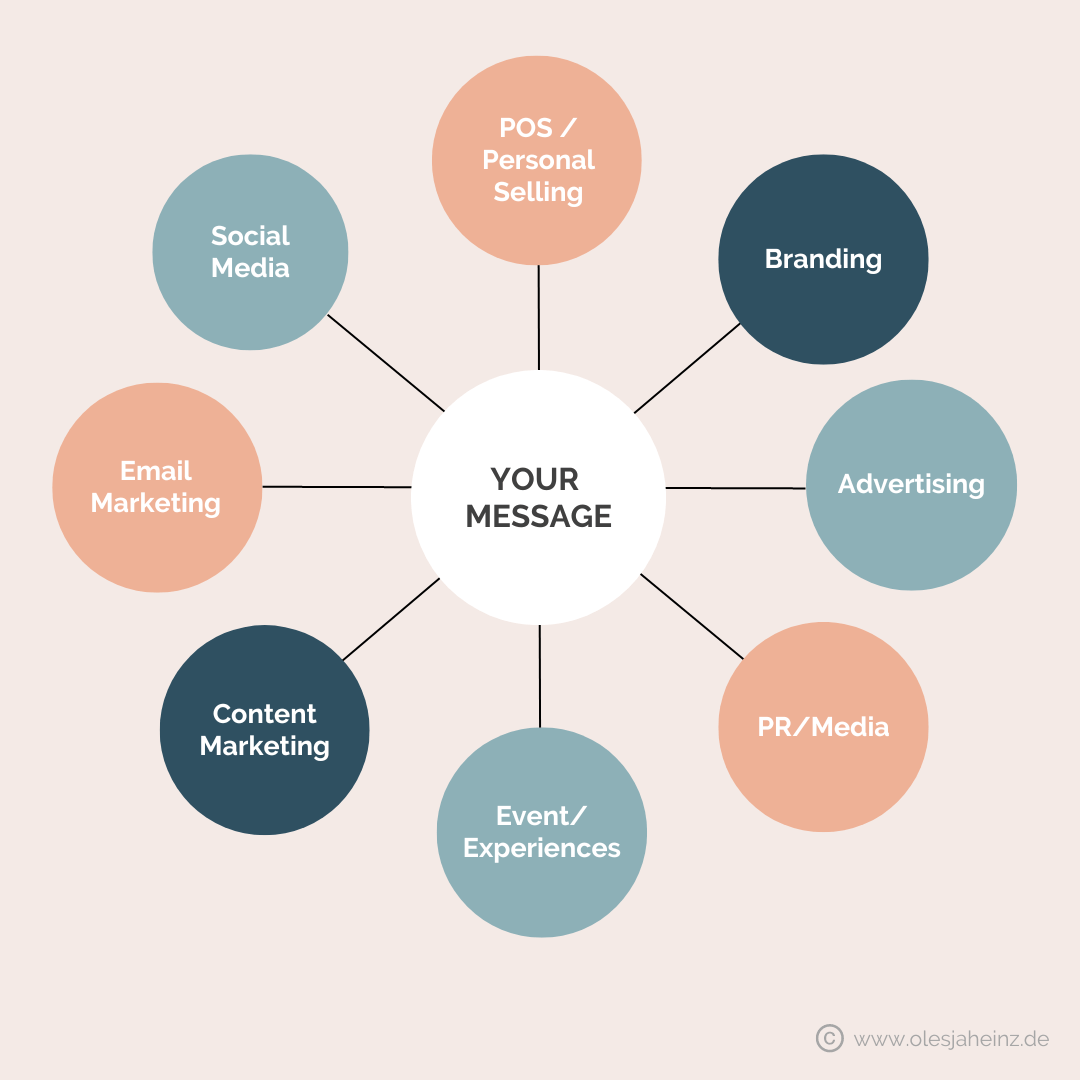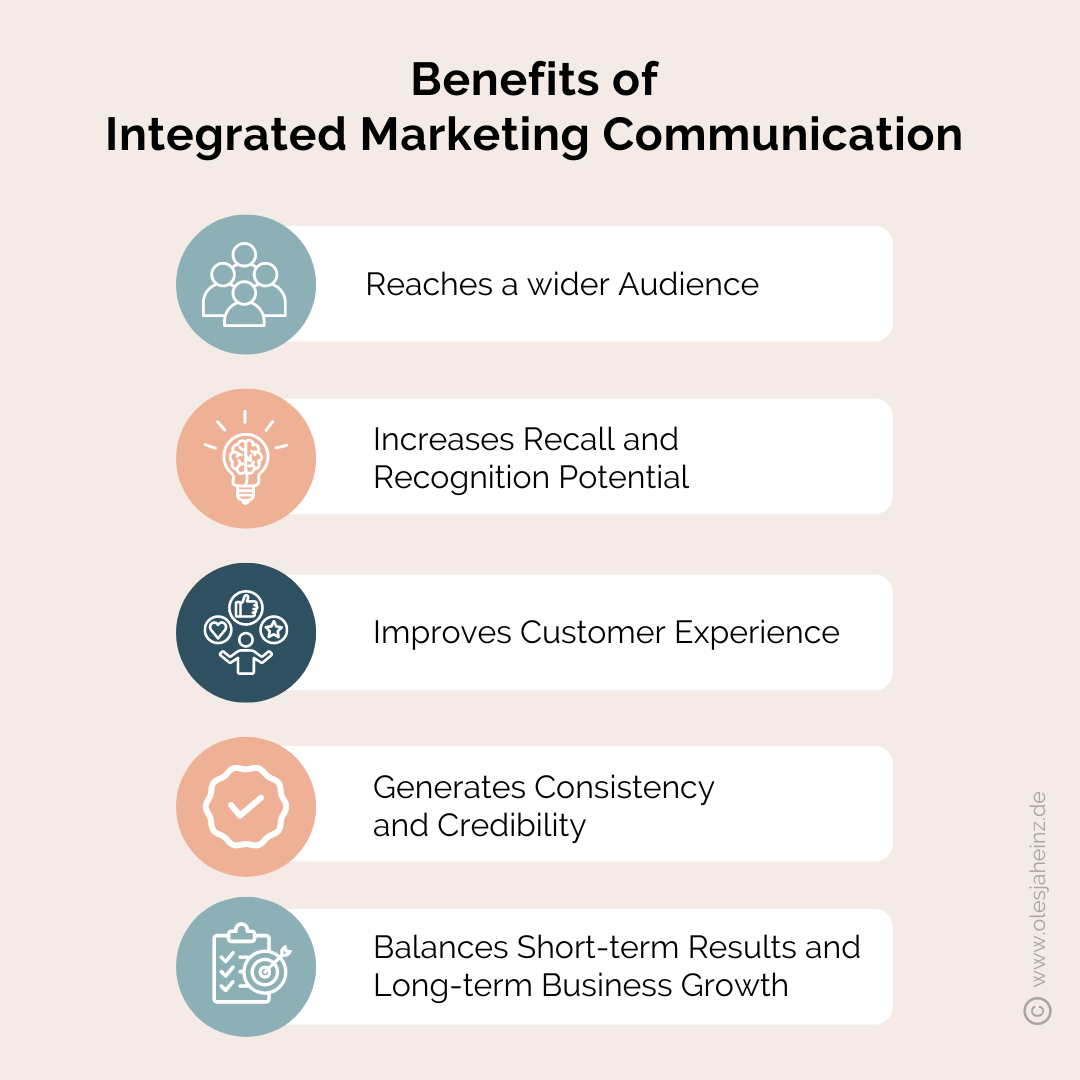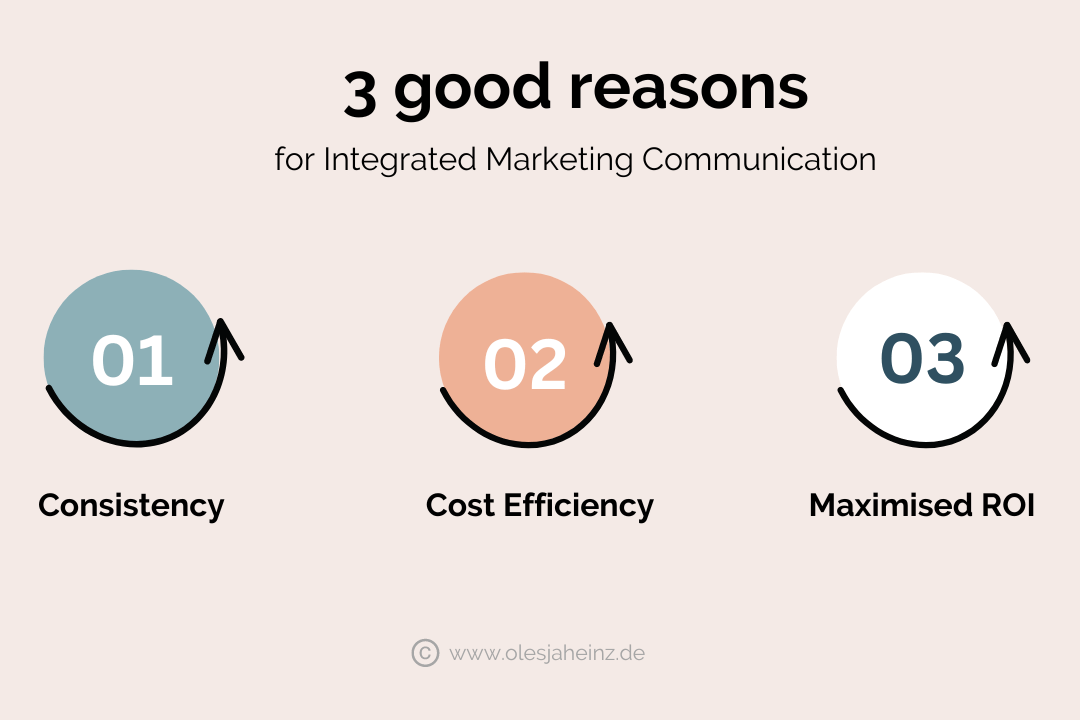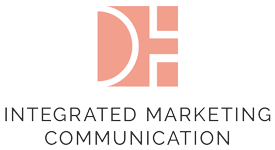In today’s competitive landscape, businesses must navigate countless marketing and advertising channels to establish a strong and consistent brand presence that leaves a lasting impact on both potential and existing customers. This is where integrated marketing communication steps in as a powerful method, offering a strategic approach to bring together all marketing efforts under one harmonious umbrella.
In the following article, I will explain the complexities of the integrated marketing approach, uncovering its benefits and sharing practical insights on how you can leverage this technique to grow and thrive in your business. In this article, we’ll go through the following points:
What is Integrated Marketing Communication?
Integrated Marketing Communication (short IMC) is a strategic approach that unifies a business’s messaging across all media channels, delivering a consistent and clear message to the target audience. Unlike multichannel campaigns that tailor messaging to specific platforms or audience segments, IMC provides a cohesive experience at every touchpoint. By breaking down silos and embracing a holistic marketing approach, IMC coordinates all marketing elements, including advertising, sales promotion, digital marketing, and social media, to work together seamlessly. This integration forms a cohesive synergy that communicates a consistent message and creates a seamless brand experience.
The goal is to enhance brand awareness, develop a single customer view, and maximise customer lifetime value. With the increasing number of digital marketing channels, the need for integrated marketing communication has become more crucial than ever in delivering a unified look, feel, and tone across all channels. By incorporating innovative strategies, Integrated Marketing Communication ensures that the right message reaches the right audience at the right time, resulting in maximum impact on the consumer’s mind and generating profits at a controllable cost.

Why is Integrated Marketing Communications important?
Integrated Marketing Communication holds significant importance in today’s dynamic business landscape. Here are a few reasons why IMC is crucial for businesses:
- Reaches a wider Audience: By leveraging multiple marketing channels, IMC enables businesses to reach a broader audience. This approach allows you to connect with diverse customer segments, expanding your business’s visibility and increasing the potential for new customer acquisition.
- Increases Recall and Recognition Potential: Through consistent messaging across various channels, IMC increases the recall and recognition potential of your business. When customers encounter a consistent message repeatedly, it reinforces awareness and aids in establishing a strong brand identity in their minds.
- Improves Customer Experience: By integrating various marketing channels, IMC provides a seamless and cohesive brand experience for customers. They receive a unified message, regardless of the channel they interact with, leading to a more engaging and satisfying customer journey.
- Generates Consistency and Credibility: IMC creates consistency in brand communication, ensuring that every touchpoint aligns with your business’s values and positioning. This consistency builds credibility and fosters trust among your audience, making your business more reliable and credible in their eyes.
- Balances Short-term Results and Long-term Business Growth: IMC strikes a balance between short-term marketing goals and long-term business growth. While implementing immediate tactics for quick results, IMC also focuses on building a strong brand foundation and nurturing lasting customer relationships, ensuring sustainable growth over time.
In summary, Integrated Marketing Communication is important because it ensures consistent brand messaging, enhances the customer experience, maximises marketing impact, promotes a holistic marketing approach, enables targeted and personalised communication, facilitates efficient resource allocation, and provides a competitive advantage. By adopting IMC, businesses can effectively reach their target audience, build strong brand relationships, and achieve long-term success.

3 reasons why your business should use Integrated Marketing Communication.
- Consistency – Synchronising your messaging is crucial to make a lasting impact on your audience, even if they are already familiar with your brand. An integrated marketing strategy that focuses on consistent messaging across all channels is essential for shaping how people perceive your brand values and offerings over time. Maintaining consistent messaging across all mediums is vital for building brand recognition and trust.
- Cost Efficiency – Integrating your marketing efforts allows you to leverage the same content across multiple channels, resulting in cost savings in content production. By repurposing and adapting existing content, you can reduce expenses while ensuring effective communication with your target audience. IMC makes your marketing more efficient and effective.
- Maximised ROI – Integrated marketing can lead to a higher return on investment (ROI) by optimising the impact of your marketing efforts. By coordinating your messaging and strategies across various channels, you can create a cohesive brand experience that resonates with your audience, driving better engagement and conversion rates.

Getting Started With IMC
Your integrated marketing approach should be driven by data collection and analysis of consumer behaviour. Utilising gathered data allows you to fine-tune your marketing strategies and enhance their performance. Through data analysis, you can identify successful marketing channels and allocate additional funds accordingly to strengthen your messaging.
Consideration of the specific stage of the buying process you aim to influence is crucial when developing your marketing approach. By examining both internal and external environments, you can gain valuable insights into your strengths and areas for improvement. It is important to be aware of the resources at your disposal before developing any ideas or techniques. Your business may choose a budget type, such as a proportion of sales or a percentage of profit, for its marketing initiatives.
Moreover, the size of your company and its financial capacity will determine your budget allocation. Evaluating the effectiveness of your tactics helps assess their performance. IMC operates circularly, allowing you to use this information for continuous improvement in subsequent iterations. Properly executing these stages will lead to a clear definition of IMC within your organisation. Additionally, effective management of your marketing programs becomes achievable, enabling seamless connections with your target audience and providing them with exceptional experiences.
Final thoughts
In conclusion, Integrating Marketing Communication is essential in today’s competitive landscape. By leveraging its benefits, businesses can achieve consistent messaging, cost efficiency, increased brand recognition, customer satisfaction, and strategic growth. Embracing IMC and effectively implementing its principles will help businesses thrive in the ever-evolving marketing landscape.
Here are my four key takeaways for you:
- Be consistent and clear with the message you spread
- Streamline your marketing channels for a better outreach
- Use the channels where you most likely will find your audience
- Split your marketing budget accordingly to your goals and the impact you want to achieve.
By having a good marketing strategy based on analytics and market research, you can easily follow the Integrated Marketing Communication method and see meaningful results in the long term.
Do you have any questions, or do you need help with your marketing approach? Email me or ping me on LinkedIn


Recent Comments